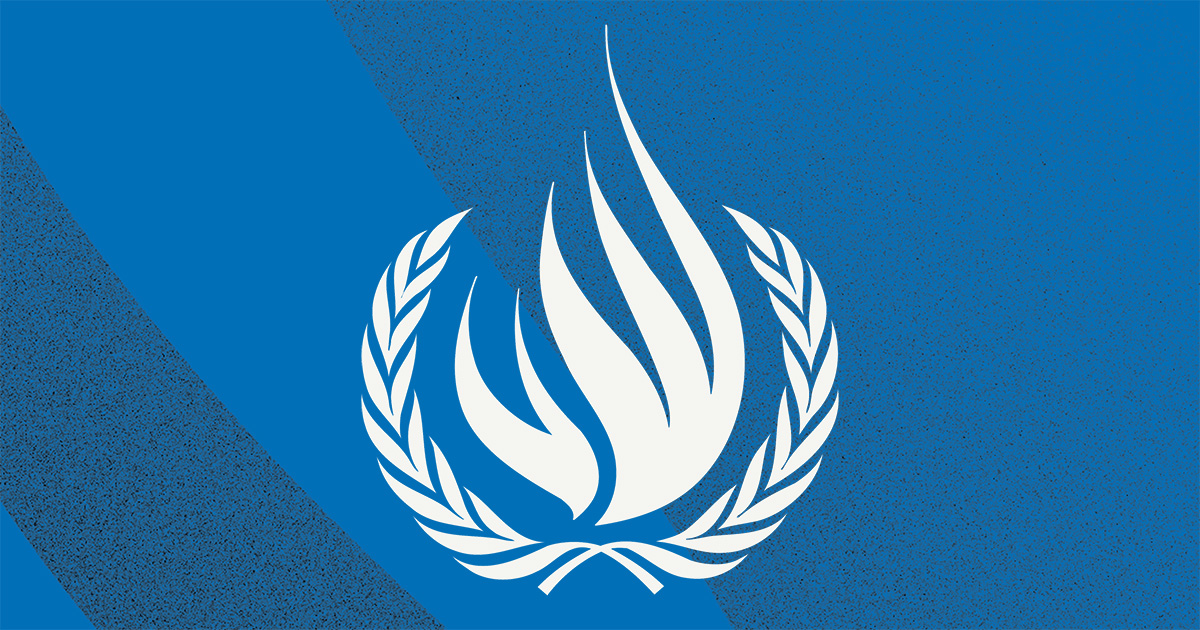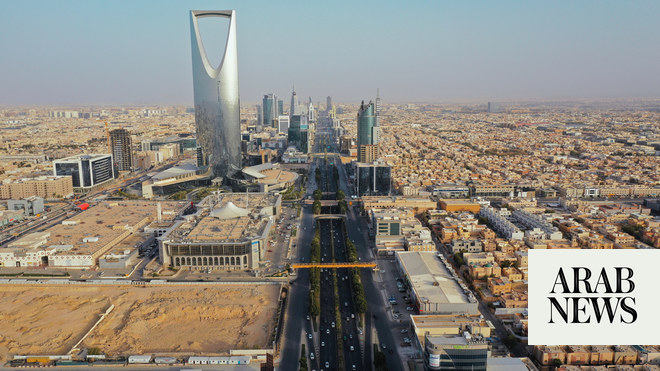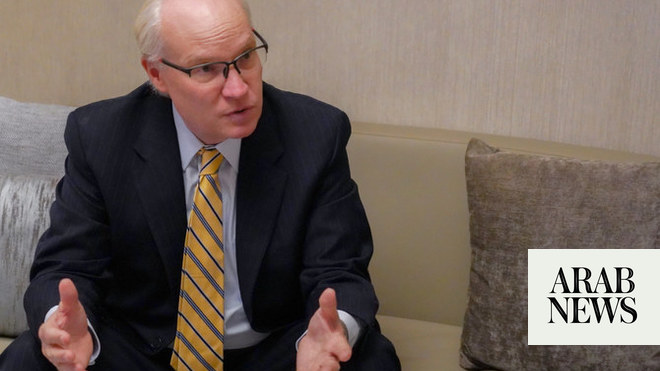
From 1968, when the British government declared its intention to withdraw from the Arabian Gulf by 1971, there was growing interest in the concept of Gulf unity. It bore fruit 40 years ago this month, with the establishment of the Gulf Cooperation Council.
The GCC is a regional political, economic, military and security organization that consists of six Arab countries that border the Gulf and comprise most of the Arabian Peninsula —Saudi Arabia, Oman, the UAE, Kuwait, Qatar and Bahrain.
It aims to strengthen ties between peoples, and to establish similar regulations in economic, financial, commercial, customs, transport, educational, social and legislative fields. It also aims to advance scientific and technical progress in industry, mining, agriculture, and water and animal resources, by establishing scientific research centers, establishing joint projects, and encouraging private sector cooperation.
The joint Peninsula Shield Force is the most prominent area of defense cooperation between the GCC states. It was established in 1982 with the aim of protecting the security of member states and deterring any military aggression.
On the military level, areas of joint Gulf defense work have also been strengthened toward more integration, cooperation and coordination; a joint defense agreement affirms that any attack on one of the GCC states is an attack on them all. In March 1991, the Peninsula Shield Force took part in the liberation of Kuwait after the Iraqi invasion. It also took part in the protection of Bahrain in 2011, at the request of the kingdom’s government, when malicious Iranian hands spread instability. The GCC has also participated in an initiative to solve the Yemeni crisis, and it stands with Egypt and other Arab countries in supporting the cause ofPalestinian statehood.
The march of joint Gulf action over the past years has achieved many accomplishments and complementary projects, including the establishment of the common Gulf market, the customs union, the monetary union, the electrical connection, the Economic and Development Affairs Authority, the economic judiciary, and other bodies specialized in various defense and security fields. And developmental.
The GCC has established 30 specialized bodies and institutions which are active in supporting work to achieve more cooperation and integration.
Dr. Hamdan Al-Shehri
Among the most prominent economic developments in the GCC are the establishment of a free trade zone between the Gulf states in 1983; the ratification of an economic agreement in 2001; the establishment of the Gulf common market in 2008; the start of the Gulf Monetary Council’s work in 2010; and the launch of joint economic institutions such as the Gulf Investment Corporation. The GCC has established 30 specialized bodies and institutions which are active in supporting work to achieve more cooperation and integration. As a result, trade between member states grew from $6 billion in 2003 to $1.1 trillion in 2018.
In its four decades, the GCC has contributed to strengthening regional and international strategic partnerships with Arab countries and political blocs. One of its main objectives is to achieve coordination, integration and interdependence among its members, including the coordination of policies toward other countries and blocs.
Threats and dangers remain in the region, the first of which is Iran — its sabotage projects, expansionist policies, nuclear program, terrorist militias, and ballistic missile program. The Iran-inspired threats come from many directions — Yemen, Iraq and Syria — directly targeting the security and stability of Saudi Arabia, the UAE and Bahrain. Consequently, the GCC requires a strategy that protects the Gulf interior from malign external influences.
In Yemen, for example, the Iran-backed Houthi militia struck Gulf national security directly in early 2015 when they seized the Yemeni capital, Sanaa, in a military coup against the legitimate government led by Abd Rabbu Mansour Hadi. This constituted a dangerous turn in the southern Gulf next to the Arabian Sea, in the Red Sea in western Saudi Arabia, and its gateway strait, Bab Al-Mandab.
The Gulf states are aware of the extent of Iranian expansionist intervention in the region and the danger that presents to their security. Tehran is trying to penetrate the cordon from the inside by supporting the Houthi militia and Shiite groups inside Bahrain and Saudi Arabia, and is trying to woo the Qataris away from the union. On the periphery of the GCC, Tehran also supports sectarian militias in Iraq and Syria. Gulf policies have succeeded to some extent in reducing the risk from Iranian activities, but the Gulf states need a comprehensive strategy that impairs Iran’s ability to integrate its attacks on the Gulf security cordon from inside and outside.
After the 9/11 attacks on the US, the GCC adopted mechanisms to combat terrorism and pursue extremists, but it did not succeed enough to limit the activity of terrorist groups. Daesh emerged, and its influence grew in all parts of the world. Combating terrorism must remain a high priority for the Gulf states, because it threatens them both inside and outside their borders.
• Dr. Hamdan Al-Shehri is a political analyst and international relations scholar.
Twitter: @DrHamsheri
Disclaimer: Views expressed by writers in this section are their own and do not necessarily reflect Arab News" point-of-view












